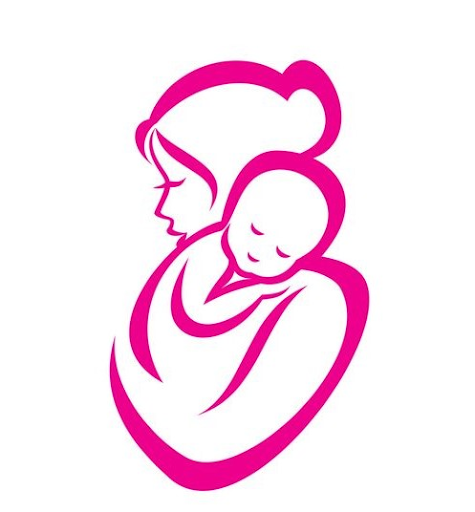+918042757258
Recently updated about

This is your website preview.
Currently it only shows your basic business info. Start adding relevant business details such as description, images and products or services to gain your customers attention by using Boost 360 android app / iOS App / web portal.
Description
Menopause is a natural phase in a woman’s life that marks the end of her reproductive years, typically occurring between the ages of 45 and 55. Proper care during menopause is essential to manage symptoms, maintain health, and enhance quality of life. Here's a comprehensive guide to menopause care: 1. Understanding Menopause What is Menopause? Menopause is diagnosed after 12 consecutive months without a menstrual period. Caused by a decline in estrogen and progesterone production as ovarian function diminishes. Phases: Perimenopause: Transition period with irregular periods and symptoms. Menopause: Officially begins 12 months after the last period. Postmenopause: The years following menopause. 2. Common Symptoms Physical: Hot flashes and night sweats. Vaginal dryness and discomfort during intercourse. Weight gain and slowed metabolism. Fatigue and sleep disturbances. Emotional: Mood swings, irritability, or depression. Anxiety or reduced concentration. Long-term Risks: Osteoporosis (bone loss). Cardiovascular disease. Urinary incontinence or recurrent UTIs. 3. Menopause Care and Management A. Lifestyle Adjustments Nutrition: Emphasize calcium (1,200 mg/day) and vitamin D to maintain bone health. Eat a balanced diet rich in fruits, vegetables, whole grains, and lean proteins. Limit sugar, caffeine, alcohol, and processed foods. Exercise: Weight-bearing exercises (walking, jogging) to strengthen bones. Strength training for muscle health. Yoga or tai chi for flexibility and stress relief. Hydration: Drink plenty of water to reduce bloating and dryness. Healthy Sleep Habits: Maintain a consistent sleep schedule and create a calming bedtime routine. B. Hormone Therapy Estrogen Therapy (ET): Relieves hot flashes, vaginal dryness, and other symptoms. May reduce the risk of osteoporosis. Progesterone or Combined Therapy: Often combined with estrogen to protect the uterus. Suitable for women with a uterus to reduce the risk of endometrial cancer. Risks and Considerations: Hormone therapy isn’t suitable for everyone (e.g., women with a history of breast cancer or blood clots). Discuss benefits and risks with your healthcare provider. C. Non-Hormonal Treatments Medications: Antidepressants (low doses) for mood swings or hot flashes. Gabapentin or clonidine for hot flashes if hormones aren’t an option. Vaginal Moisturizers and Lubricants: Help with dryness and discomfort during intercourse. Bone Health Medications: Bisphosphonates, selective estrogen receptor modulators (SERMs), or other drugs to prevent osteoporosis. D. Alternative and Complementary Therapies Herbal Remedies: Black cohosh, red clover, or soy isoflavones for mild symptom relief (consult your doctor before use). Acupuncture: May help reduce hot flashes and improve sleep. Mind-Body Techniques: Meditation, mindfulness, or cognitive-behavioral therapy for emotional well-being. 4. Regular Health Monitoring Bone Density Testing: To assess the risk of osteoporosis. Heart Health: Monitor blood pressure, cholesterol, and blood sugar levels. Gynecological Care: Regular pelvic exams and mammograms. Mental Health: Address symptoms of depression or anxiety with a professional if needed. 5. Emotional Support Education: Learn about menopause to understand changes and treatments. Support Groups: Share experiences with others going through menopause. Counseling: Seek therapy for mood swings, depression, or relationship challenges. 6. When to Seek Medical Advice Severe or debilitating symptoms that affect daily life. Unexplained bleeding after menopause. Concerns about long-term health risks like osteoporosis or cardiovascular disease.

